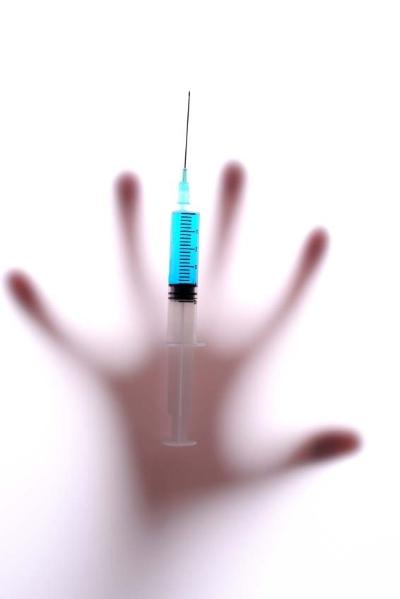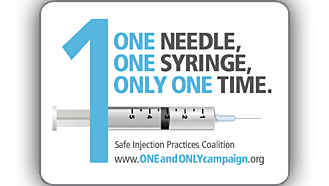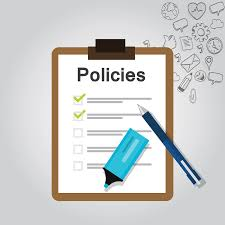Preventing Infections in the Healthcare Setting
- Hand Hygiene in Healthcare Settings
- Hepatitis B (HBV) and Hepatitis C (HCV) in Healthcare Settings - Guidelines on protecting patients and health care workers, and information on past outbreaks of HBV and HCV infection
- Healthcare Associated Infections (HAIs)
- Reporting Requirements for Communicable Diseases and Work-Related Conditions
- Safe Injection Practices (CDC)
- Viral Hepatitis
- Bloodborne Pathogen Fact Sheet [English] [Spanish]




